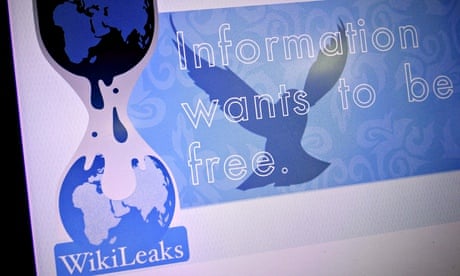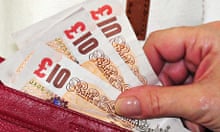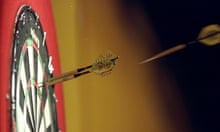A sweeping gagging order issued in Australia to block reporting of any bribery allegations involving several international political leaders in the region has been exposed by WikiLeaks.
The prohibition emerged from a criminal case in the Australian courts and applies throughout the country. It was issued by the criminal division of the supreme court of Victoria in Melbourne "to prevent damage to Australia's international relations that may be caused by the publication of material that may damage the reputations of specified individuals who are not the subject of charges in these proceedings".
The Australia-wide gagging order is a superinjunction, which means it also contains a clause insisting that the terms of the order itself should remain secret. It was issued on 19 June and states: "Subject to further order, there be no disclosure, by publication or otherwise, of any information (whether in electronic or paper form) derived from or prepared for the purposes of these proceedings including the terms of these orders."
In a statement published with the leak, Julian Assange, the founder of WikiLeaks, said the gagging order relates to a case that "concerns the subsidiaries of the Australian central bank".
He said it was the first blanket suppression order of this nature in Australia since 1995. "With this order, the worst in living memory, the Australian government is not just gagging the Australian press, it is blindfolding the Australian public," said Assange, who is himself Australian. "This is not simply a question of the Australian government failing to give this international corruption case the public scrutiny it is due. Foreign minister Julie Bishop must explain why she is threatening every Australian with imprisonment in an attempt to cover up an embarrassing corruption scandal involving the Australian government. The concept of 'national security' is not meant to serve as a blanket phrase to cover up serious corruption allegations involving government officials, in Australia or elsewhere. It is in the public interest for the press to be able to report on this case."
Assange has been holed up for more than two years in the Ecuadorian embassy in London evading extradition to Sweden where he is wanted to face questioning over allegations of sexual assault.




